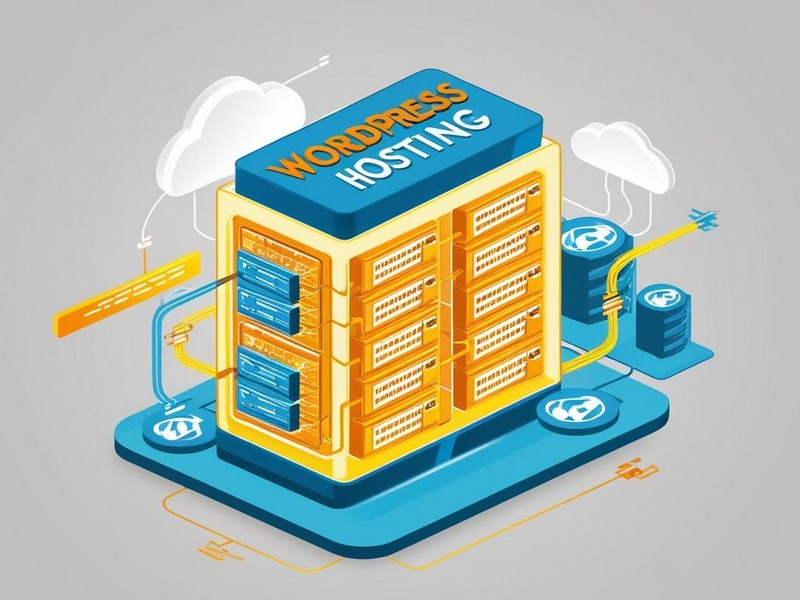If you are looking to start a website, whether for a personal blog, business, or eCommerce store, WordPress hosting is a great place to begin. However, one key element that beginners tend to overlook is the hosting environment.
The type of hosting you choose can make a huge difference in your site’s performance, security, and scalability. In this article, we explore how to get the most out of your hosting solution for WordPress.
Table of Contents
Selecting the Correct Hosting Package
The first step is to choose a hosting plan that fits your needs. Shared hosting is low-cost, but it may slow down your website as your traffic grows. For serious projects, a VPS or dedicated server is a better choice. These plans offer more resources, ensuring faster load times and more control over your environment.

Managed hosting is another good alternative. Managed solutions involve the updating, backing up, security, and server optimizations done by the providers. It is best for content creators who want to focus on content creation and growth of a website instead of server management operations.
Optimize for Speed and Performance
Once you have chosen your plan, the next thing is to optimize your site for speed. A slow-loading website is a surefire way to drive visitors away. There are several ways to enhance your site’s performance, starting with the right theme. Choose a lightweight, fast-loading theme, as this will significantly affect your site’s loading times.
Additionally, optimize your images before uploading them. Large image files can slow down page loading, so resizing and compressing them will make a noticeable difference. Using caching plugins like W3 Total Cache or WP Rocket can also improve performance by storing a static version of your site, reducing the time it takes for each page to load.
Security Measures Are Key
A secure site is important both for your data and for your visitors. Most providers offer security features, but it’s always a good idea to layer on additional protections. Install SSL certificates to encrypt communication between your website and its users. Enable two-factor authentication (2FA) for added login security, and regularly update plugins and themes to avoid vulnerabilities.
Some WordPress hosting plans also include automated malware scans and firewall protections – vital for keeping your site safe from attacks. Make sure you make the best use of these facilities to cut down on potential risks.
Regular Backups
Having a backup strategy is important in case something goes wrong. WordPress hosting providers usually offer some form of backup service, but it’s always worth checking the frequency and how easily these backups can be restored.
Schedule regular backups, ideally daily or weekly, depending on how often your site content changes.
Most importantly, with offsite storage or cloud hosting, you have guaranteed quick recovery in case something goes wrong, and you won’t lose important data. Most managed hosting takes care of this for you, so you don’t have to deal with it alone.
Scaling with Growth
When the website grows, you may need to increase traffic or have more technical features. You will then need to scale your hosting environment correctly at this stage. Upgrades, such as increasing bandwidth, storage, or adding specialized tools for eCommerce or SEO for example can be easily upgraded with managed services.
When you notice your site beginning to slow down or struggle with traffic spikes, consider upgrading your WordPress hosting plan to accommodate your needs. A scalable hosting environment will provide the flexibility necessary for your website’s long-term success.








